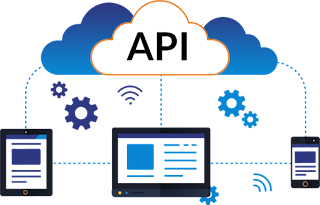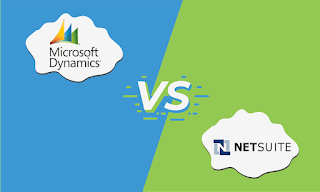Custom API Integration for Small and Midsize Businesses in the USA
In the fast-paced digital landscape, businesses, particularly small and midsize enterprises (SMEs), are recognizing the pivotal role of Custom API Integration in transforming their operations. Let's delve into the intricacies of Custom API Integration, exploring its benefits, drawbacks, and how it uniquely caters to the needs of SMEs in the USA.
What is Custom API Integration?
Custom API Integration refers to the process of creating connections between different software applications, tailored precisely to meet the specific needs of a business. Unlike off-the-shelf solutions, custom integrations are crafted to seamlessly align with a company's unique workflows, ensuring optimal efficiency and performance.
The Benefits for Small and Midsize Business Owners in the USA
Pros of Custom API Integration:
1. Tailored Solutions:
Custom API Integration allows SMEs to have solutions that are tailored to their specific requirements. This bespoke approach ensures that the integration aligns seamlessly with existing processes.
2. Increased Efficiency:
By automating processes and facilitating real-time data exchange, custom integrations enhance operational efficiency. This is particularly advantageous for SMEs with limited resources aiming to do more with less.
3. Cost-Effective Scalability:
Custom integrations provide scalable solutions that can grow with the business. SMEs can add functionalities as needed, avoiding unnecessary costs associated with off-the-shelf solutions that might include features they don't require.
4. Competitive Edge:
In a competitive market, having tailored integrations can set SMEs apart. The ability to customize solutions to meet unique business demands can be a significant differentiator.
5. Enhanced Data Security:
Custom API Integration allows for a fine-tuned approach to security. SMEs can implement robust security measures, ensuring the protection of sensitive data.
Also Read: Salesforce Integration with Python: A Step-by-Step Guide
Cons of Custom API Integration:
1. Upfront Investment:
Developing a custom API integration requires an initial investment of time and resources. SMEs might find the upfront costs challenging, especially if operating on tight budgets.
2. Time-Intensive Development:
Crafting a custom integration takes time. SMEs might face delays in implementation, impacting their ability to realize immediate benefits.
3. Dependency on Skilled Developers:
Custom API Integration service relies heavily on skilled developers. SMEs need to either hire such talent or collaborate with external developers, which can add to the overall costs. But expert API integration company like Satva solution will reduce the cons of your Custom API Integration.
4. Maintenance Challenges:
Custom integrations may require ongoing maintenance and updates, adding to the long-term costs and potential disruptions in business operations.
5. Integration with Legacy Systems:
SMEs with existing legacy systems might encounter challenges in integrating them with modern applications. This can complicate the development process.
Conclusion: Navigating the Landscape of Custom API Integration
For small and midsize business owners in the USA, the decision to opt for Custom API Integration service should be a strategic one. While the upfront investment and potential challenges exist, the long-term benefits, including increased efficiency, scalability, and a competitive edge, often outweigh the drawbacks.
In a digital era where adaptability is key, SMEs embracing custom solutions find themselves better positioned to navigate the evolving business landscape. Custom API Integration isn't just a technological upgrade; it's a strategic investment in the future success of small and midsize businesses.



Comments
Post a Comment